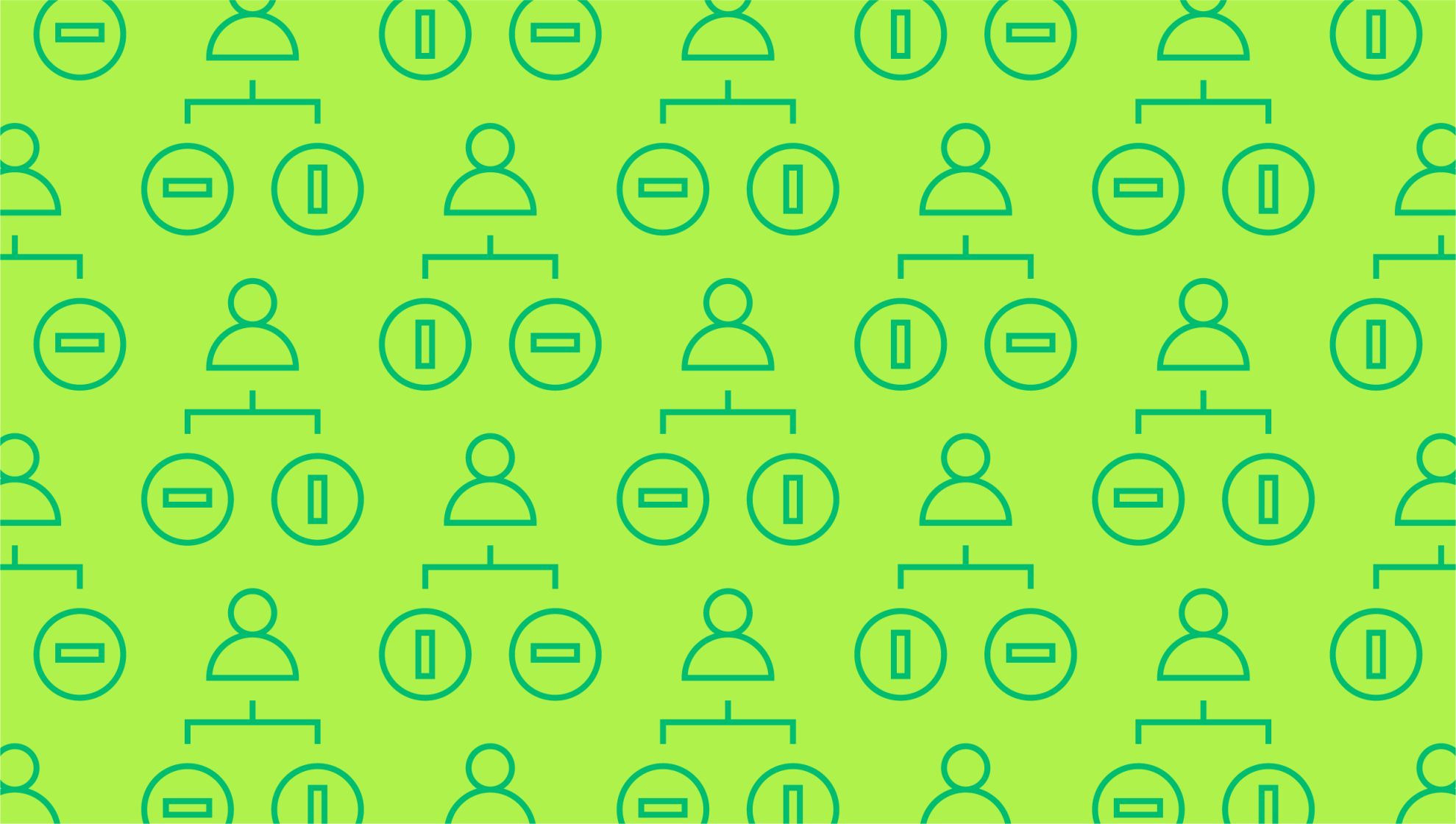Last editedNov 20212 min read
The Interbank Market and What It Means For Traders
When you hear financial investors talking about the currency market, what they’re actually talking about is the interbank market. This is the large scale currency market that holds the predominant influence on global exchange rates, at least in the short term.
What is the interbank market?
As the name implies, the interbank market is where banks trade currency and it is often built on the back of trades far exceeding £1 million. The fact that these massive transactions happen in mere seconds might make many of us blush but these trades are happening every day all around the world between hundreds of privately owned banks.
Every trade between banks is made on a fixed date and a specified rate and it is these rates, which are agreed upon by both parties, that are reflected in the wider forex market. The rates adjust depending on supply and demand and are “floating”, which means there is no fixed location like, for example, the NYSE.
It is made up of four markets:
The spot market – Transactions made for currency at the time of trade.
The forward market – Transactions made in a future period at a price agreed upon by both parties.
The swap trade market – A combination of the previous markets where the currency is bought at spot market price and then sold in the forward market.
The SWIFT market – Banks participating in the Society for Worldwide Interbank Financial Telecommunications can trade using a series of standardised codes. This is often seen as the most secure option.
Most interbank transactions take around two business days to clear. Credit between the two parties is established to make up for the delay. SWIFT market trades, however, can take up to 4 business days due to the extra checks and balances entailed.
How and why the interbank market exists
The interbank market is a largely unregulated entity made up of not only the dozen or so major banks such as JPMorgan Chase, Barclays and Goldman Sachs, but hundreds of smaller international banks and institutions.
The trades themselves, meanwhile, will either be on behalf of clients or to help regulate a bank’s own interest rate and exchange rate risks. Given that there is no official regulation in the market, this is the only way for banks to do this with any degree of certainty.
How does the interbank market affect me?
If you’re a forex trader then the interbank market is what sets the standard. The prices you see on your trading platform of choice are all based on what’s happening on the interbank market. So, while you might not be able to directly impact the market it’s something that all traders should be aware of and invested in.
Regulating the interbank market
As a decentralised entity, the interbank market is completely unregulated with the prices coming directly from the market. The prices are generally set by the largest retail banks and central banks, which might release prices at the end of every day.
While the market itself is unregulated, however, there might be local banking regulations to follow depending on where you’re sending money to and from. Of course, this is a market being utilised by only the highest of high net worth individuals and some of the world’s largest banks so there are always going to be regulatory complications.
We can help
If you’re interested in finding out more about the interbank market, or any other aspect of your business finances, then get in touch with our financial experts at GoCardless. Find out how GoCardless can help you with ad hoc payments or recurring payments.


